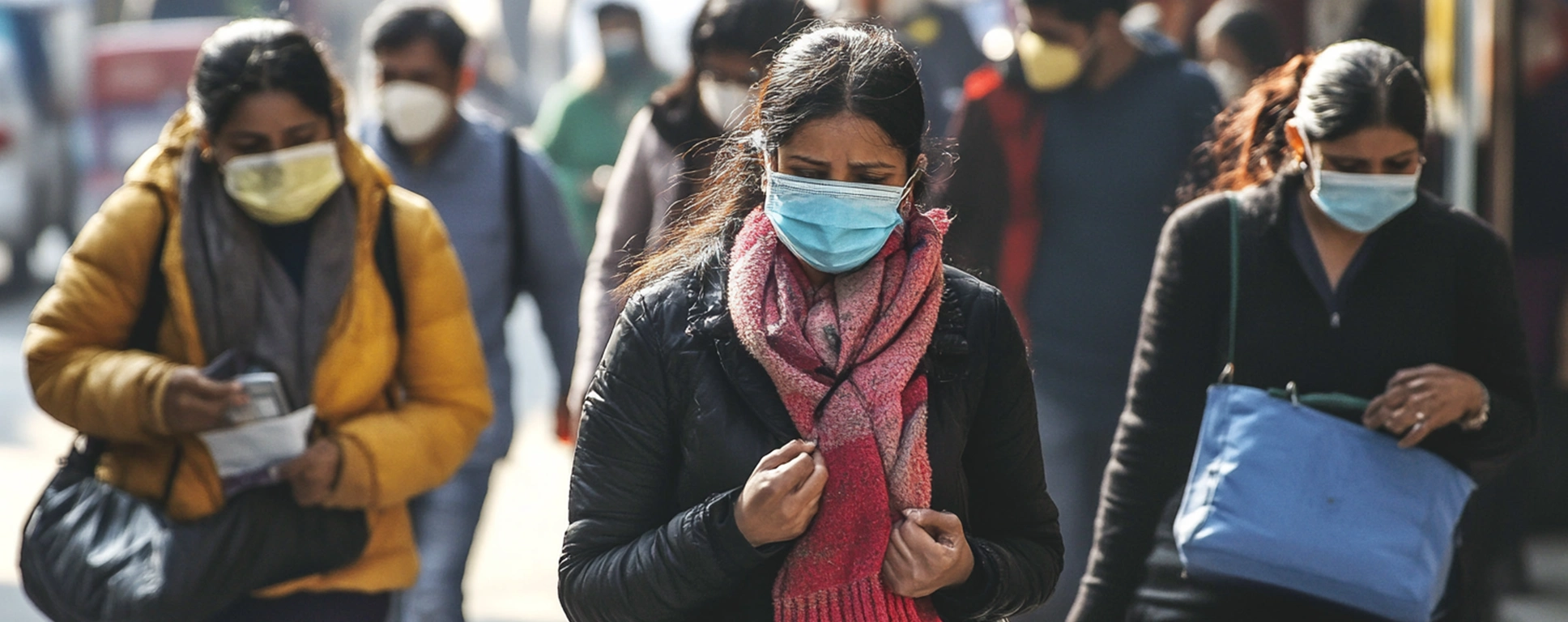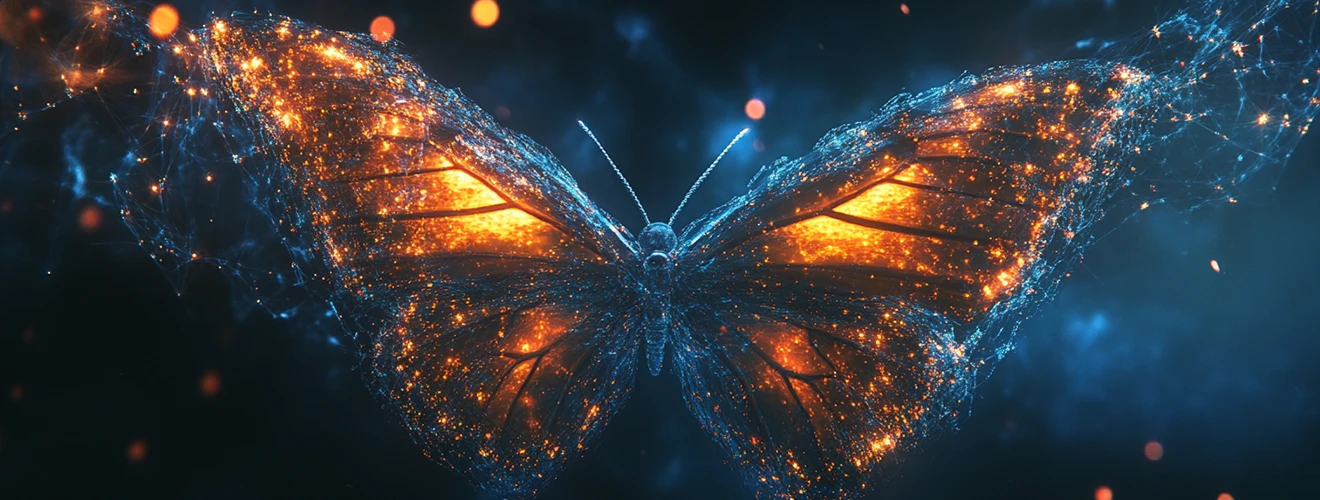
Biotechnology for the 21st Century - Session 1
Course Description
This course is designed to provide a stimulating introduction to the world of biotechnology.
Starting with an overview of the basic concepts of molecular biology and genetics that serve as a foundation for biotechnology, the course will segue into the various applied fields of biotechnology. Lectures and some of the corresponding hands on experiments will include microbial biotechnology, agricultural biotechnology, biofuels, cloning, bioremediation, medical biotechnology, DNA fingerprinting and forensics.
The goal of this course is to provide students with an appreciation of important biotechnology breakthroughs, the techniques involved and the associated bioethics issues.
Course Criteria
High school biology is required. Students tend to be more successful in this course when they have completed the most advanced biology course their high school offers and attained a strong grade in the course.
Academic Interest
Biological Sciences, Technology (e.g., Computer Science, Molecular Engineering)
Application Materials
A complete application includes a transcript, two short essays, a letter of recommendation, writing sample, application fee, and a submitted parent confirmation. If you are seeking need-based financial aid, you must indicate that in your application before it is submitted. Please refer to the Application Instructions for complete details.
Instructor(s)
Navneet Bhasin
Cost
$9,300
Other Courses to Consider
These courses might also be of interest.
 Contagion: Infectious Agents & Diseases - Session 1
Contagion: Infectious Agents & Diseases - Session 1COVID, Zika, Ebola, HIV, SARS… In our increasingly globalized and mobile world, infectious diseases can emerge and spread faster than ever before, making epidemics, even pandemics, a real possibility. That, together with increasing antibiotic resistance, makes understanding where these threats come from and how we can control their spread one of the most urgent issues of our time.
In this three-week course, students will learn about the origin, biology, and evolution of some of the most feared viruses, such as Ebola, HIV, and Influenza, and lethal bacteria such as E. coli. We will explore the nature of emerging diseases and will use particular examples to discover how we can predict and control their spread. Our dependence on microbes from an evolutionary point of view will also be discussed.
You will have access to the state-of-the-art laboratory facilities at the University of Chicago for hands-on activities such as PCR, CRISPR, DNA sequencing, DNA sequence analysis, viral culture and antibody studies all applied to the study of infections and immunity (you will not be exposed to dangerous materials).
Residential Mathematical and Computational Research in Biological Sciences
Mathematical and Computational Research in Biological SciencesWhat can a person’s genome reveal? Could it predict the diseases they may develop? Modern biology produces vast amounts of data, and analyzing this data requires mathematical and computational approaches.
In this hands-on exploration of the computational biology techniques, students will learn how macromolecules, such as DNA, RNA, and proteins, perform their functions and how to visualize and quantify their behavior.
This course will provide an introduction to the basics of computer coding for biological data analysis, and how to apply cutting-edge high performance computation to biological questions using the super computers at the University of Chicago Research Computing Center (RCC). Students will be instructed on how to do literature searches and how to prepare a scientific poster to effectively communicate their research findings and data analyses.
Residential